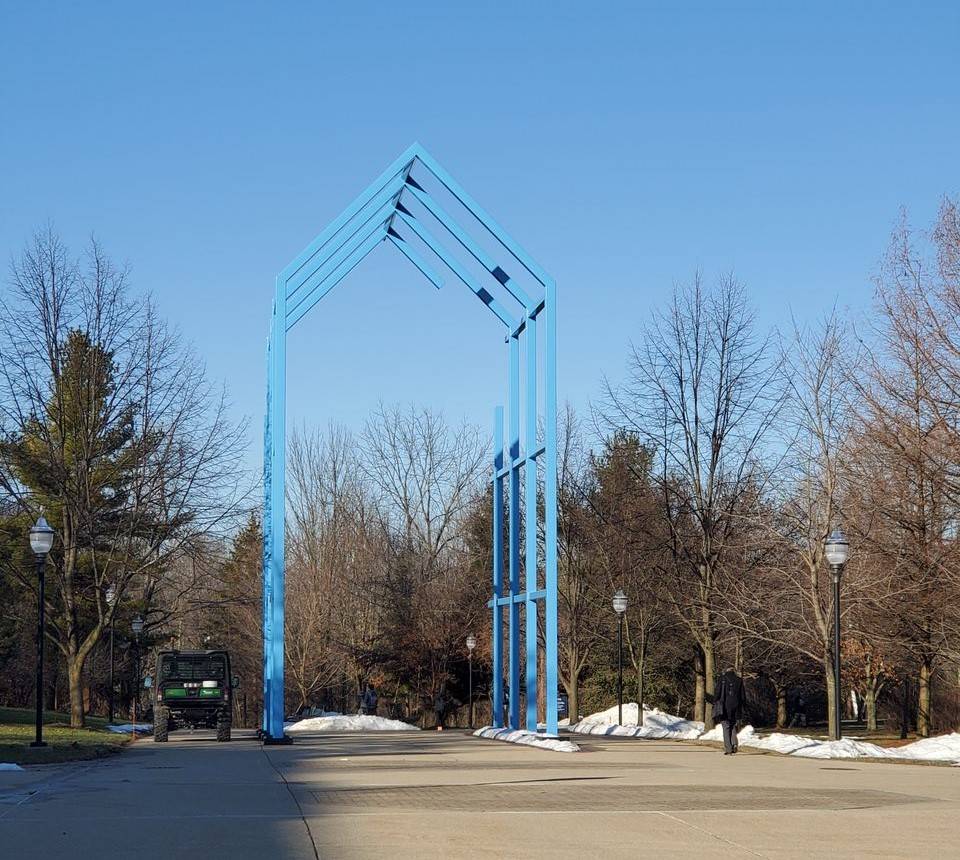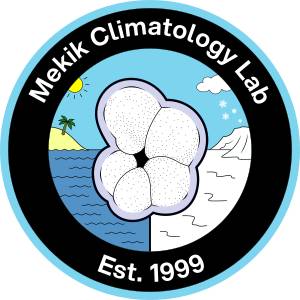
Best Climate Meme Contest - Congratulations to our Winning Climate Memers!!!
The Mekik Climatology Lab ran its first annual Climate Meme Contest. The objective of the contest is to develop the best meme elucidating a critical piece of information, correcting a misconception, or promoting a change in attitude about climate science, climate change, or developing resilience toward the adverse effects of climate change. By meme we mean something pithy and meaningful that could be posted on social media.
Eighty seven memes were submitted by undergraduates from across the GVSU campus, and a judging panel of 20 faculty and administrators evaluated the memes. We are very pleased by the work of our stduents and congratulate our winners!!
First place goes to Logan Gluesing
Second place to Nathan Jenkins
And third place to Stephanie Michmurheizen
Logan Gluesing (1st Place)
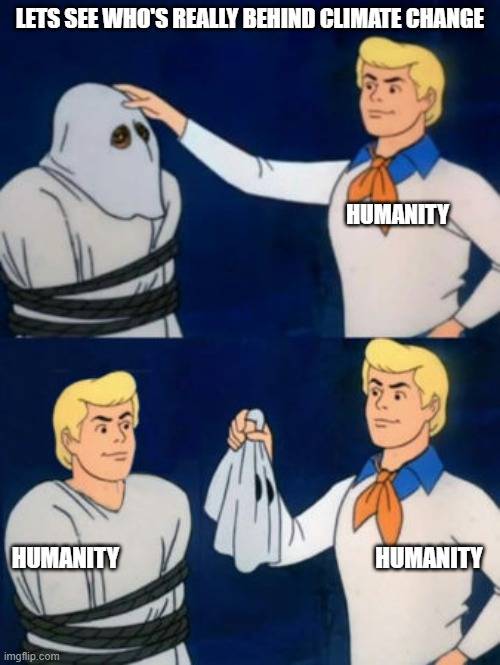
Nathan Jenkins (2nd Place)
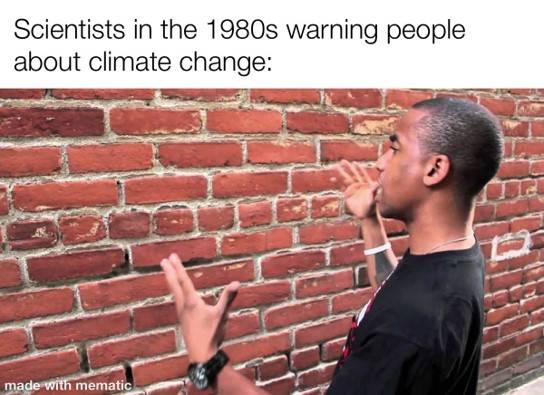
Stephanie Michmurheizen (3rd Place)
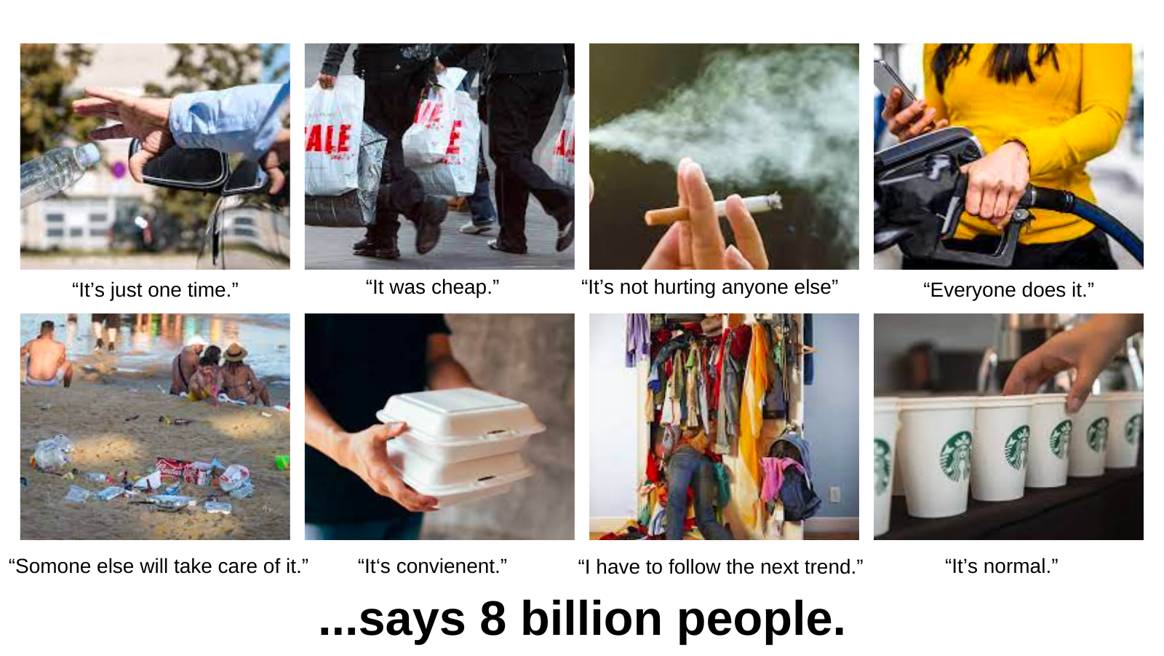
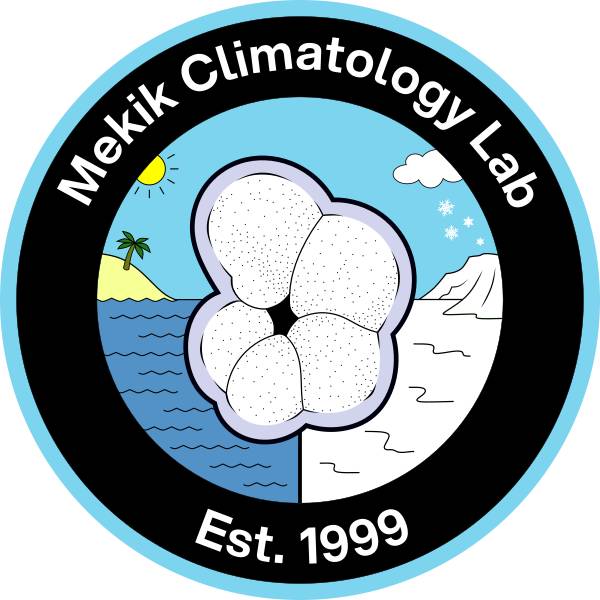
Mekik Climatology Lab (MCL) is the home of active scientific research and education focused on climate science, paleoclimate, paleoceanography, and climate science education. Our website is designed to serve both the GVSU community and the broader climate science education community with resources for educating students, teachers, faculty, and our communities about climate science. MCL's core mission is to generate new knowledge, and to serve as a growing and interactive resource for all things related to climate science.
MCL offers multiple student scholars opportunities to actively engage in funded climate science research during their undergraduate program at GVSU. It also boasts numerous alumni of the lab many of whom have gone on to attend graduate school and found gainful employment in their chosen fields.
MCL Motto: You don't have to be smart to do science, but the more you do science, the smarter you will become.
How to Become a Student Scholar at MCL: If you wish to apply to become a student scholar at MCL, send [email protected] an email now with a brief letter of interest and your resume. You must be enrolled at GVSU as an undergrad to apply. Make sure to include your major in your application materials.
Paleoceanography/Paleoclimatology listserv: If you wish to join the listserv, or wish to send out a missive to the PP community, send your request to [email protected].
- NEW! Winners announced in Best Climate Meme Contest
- Climatology
- Weird Climate Science
- Ask a Climate Scientist
Climatology
Climatology is the scientific exploration of climate - past, present, and future. It is a synonym of climate science.
Climate Science is an Earth system science with many interacting components including the atmosphere, ocean, Sun, and carbon; to name just a handful.
- The Earth experienced great extremes of climate, both hot and cold, during its vast history. Many of these events are unimaginable by our modern measures and experiences.
- Humans evolved as a species during a cold period in Earth history - not a warm one.
- So humans and many other organisms find fast-paced warming hard to adapt to.
Weird Climate Science
The Earth experienced multiple episodes of global glaciation (land and sea). These times are called times of Snowball Earth.
Atmospheric carbon dioxide, though fluctuating dramatically, has probably reached its lowest level during modern times but before the Industrial Revolution.
Oxygen is a new gas in the atmosphere - about 2 to 2.5 billion years young that is! For context, the Earth is 3.8 to 4.6 billion years old.
Ocean acidification is also known as the "Other CO2 Problem".
Not eating meat is a personal choice some make to curb anthropogenic climate change, but rice agriculture is a significant source of methane to the atmosphere which is a very potent greenhouse gas.
In fact, methane is 25 times more potent as a greenhouse gas than carbon dioxide.
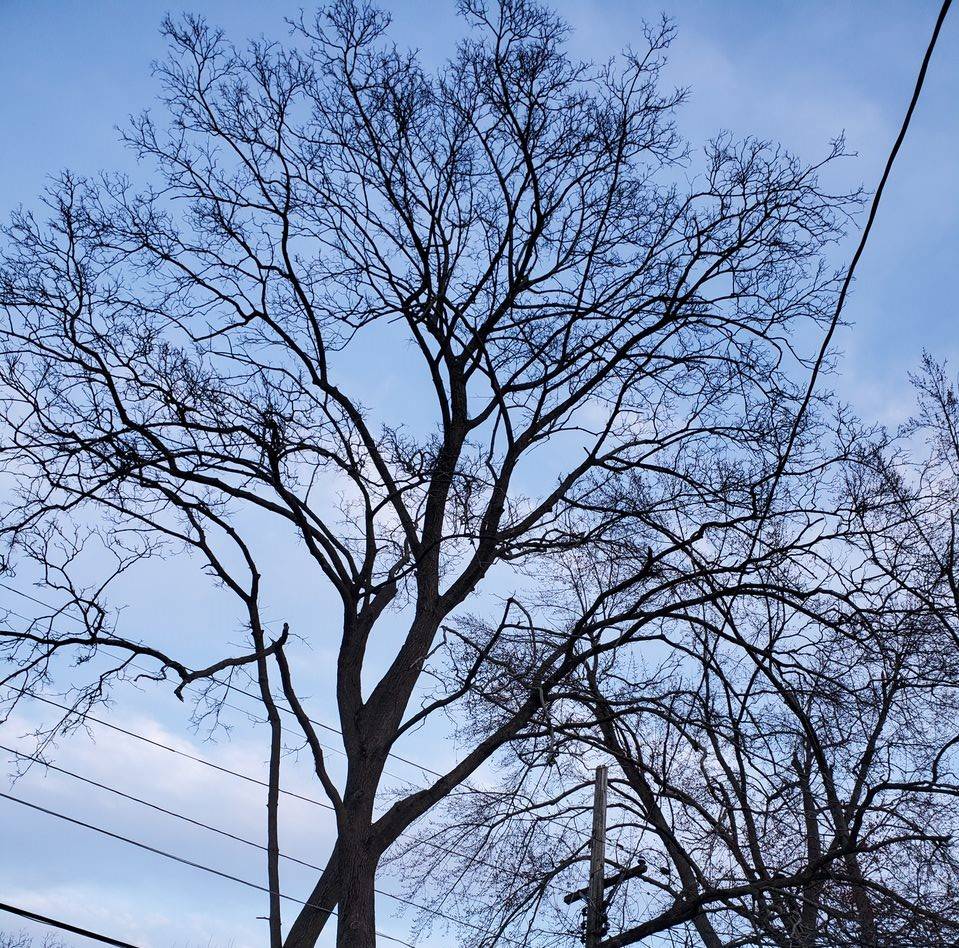
Ask a Climate Scientist
Please email us ([email protected]) with your questions about climate science or modern and past climate change. You will receive a reply from a climate scientist with answers to your question and links to further information within 48 hours.
